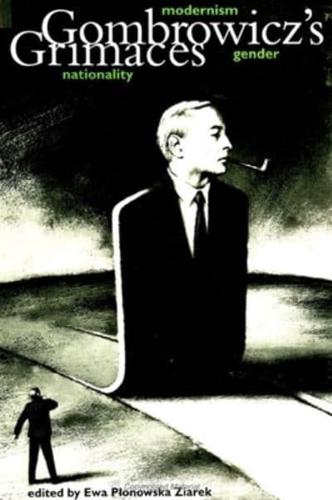Publisher's Synopsis
This timely and much needed critical study is devoted to the writing of Witold Gombrowicz, one of the most important Slavic writers in the twentieth century. Written from a variety of theoretical perspectives, ranging from poststructuralism to queer theory and postcolonialism, this book examines the complexity of Gombrowicz's texts in the context of the current reappraisals of the mixed legacies of modernism. By situating Gombrowicz's work in relation to Eastern and Western European as well as Argentinean cultures, Gombrowicz's Grimaces rethinks the significance of literary modernism in light of philosophical modernity, queer sexuality, subaltern identities, and limits of national culture. Starting with the considerations of Gombrowicz's aesthetics and his philosophical interests, this book addresses the ways in which the experience of cultural displacement—Gombrowicz's exile in Argentina and France—informs his literary career, and ends with a discussion of the cultural implications of Gombrowicz's philosophy of form for his critique of nationalism and the explorations of queer eroticism.











